“This goes for Hezbollah in Lebanon as well,” Ulrichsen said.
“We’ve been clear that we don’t want to see this conflict widen into a larger war or a regional war,” he said.
Intensified military actions
Per the terms of a UN-brokered ceasefire agreement reached in 2006, Israel wants Hezbollah’s forces to withdraw beyond the northern bank of the Litani river, 29km away from the border.
Defence Minister Yoav Gallant has repeatedly said that Israel would prefer a diplomatically negotiated withdrawal, but if Hezbollah refuses to comply a military campaign in southern Lebanon is also being planned.
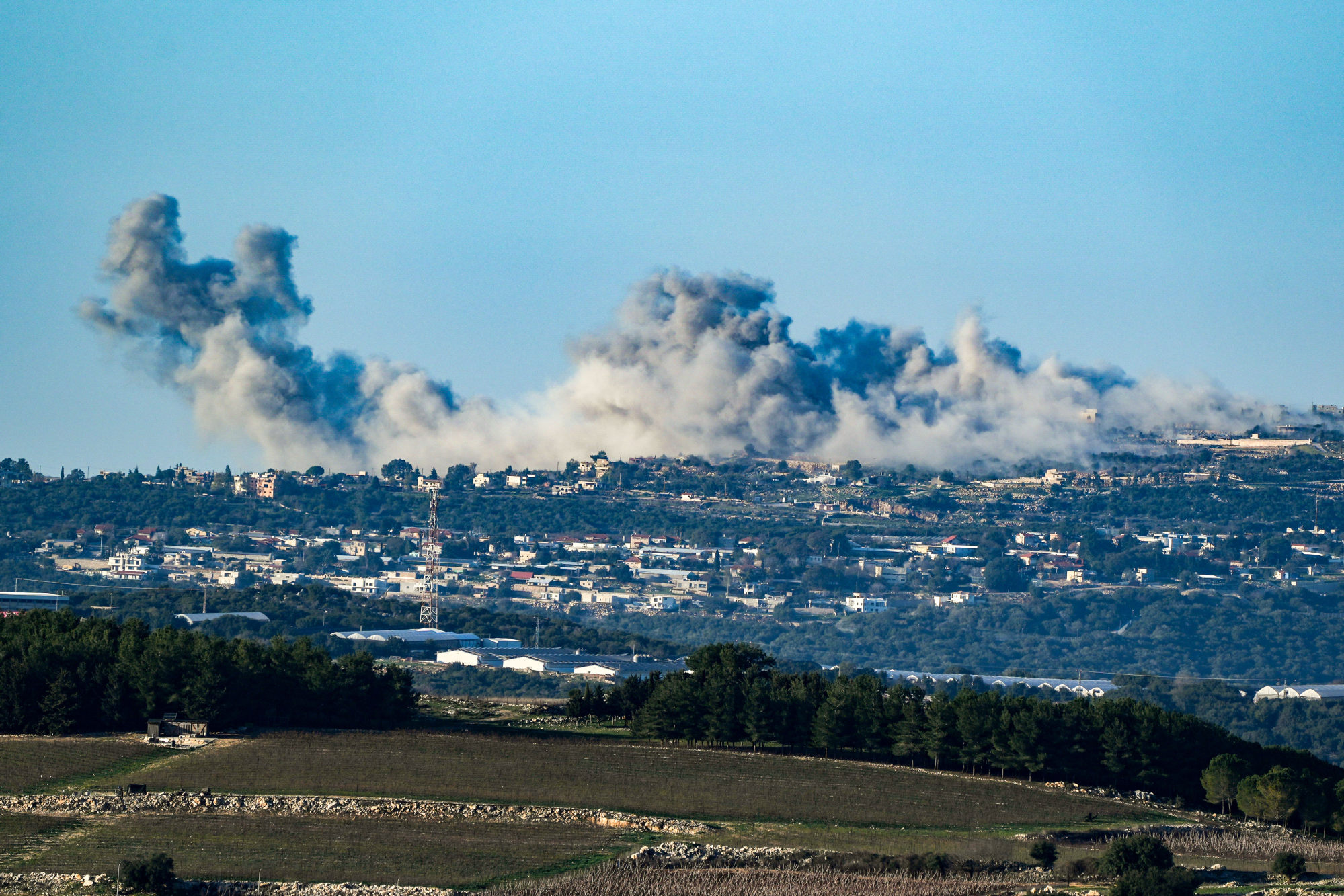
Nonetheless, Iran’s diplomatic engagement with Arab states “is a clear indication of Iran acting through state tools rather than through non-state tools”, said Mohammed Baharoon, director general of the Dubai Public Policy Research Centre, an independent UAE think tank.
“The gravity of the situation also requires it. If states don’t respond, non-state actors will do and it will be a huge mess that will affect all of those countries.”
If states don’t respond, non-state actors will do and it will be a huge mess
Baharoon described enhanced diplomatic coordination between the Middle East’s rival camps as “a practical outcome of the de-escalation policy” that has been prevalent in the region since 2020.
“Radicalisation is on the rise both from non-state actors and from individuals,” he said.
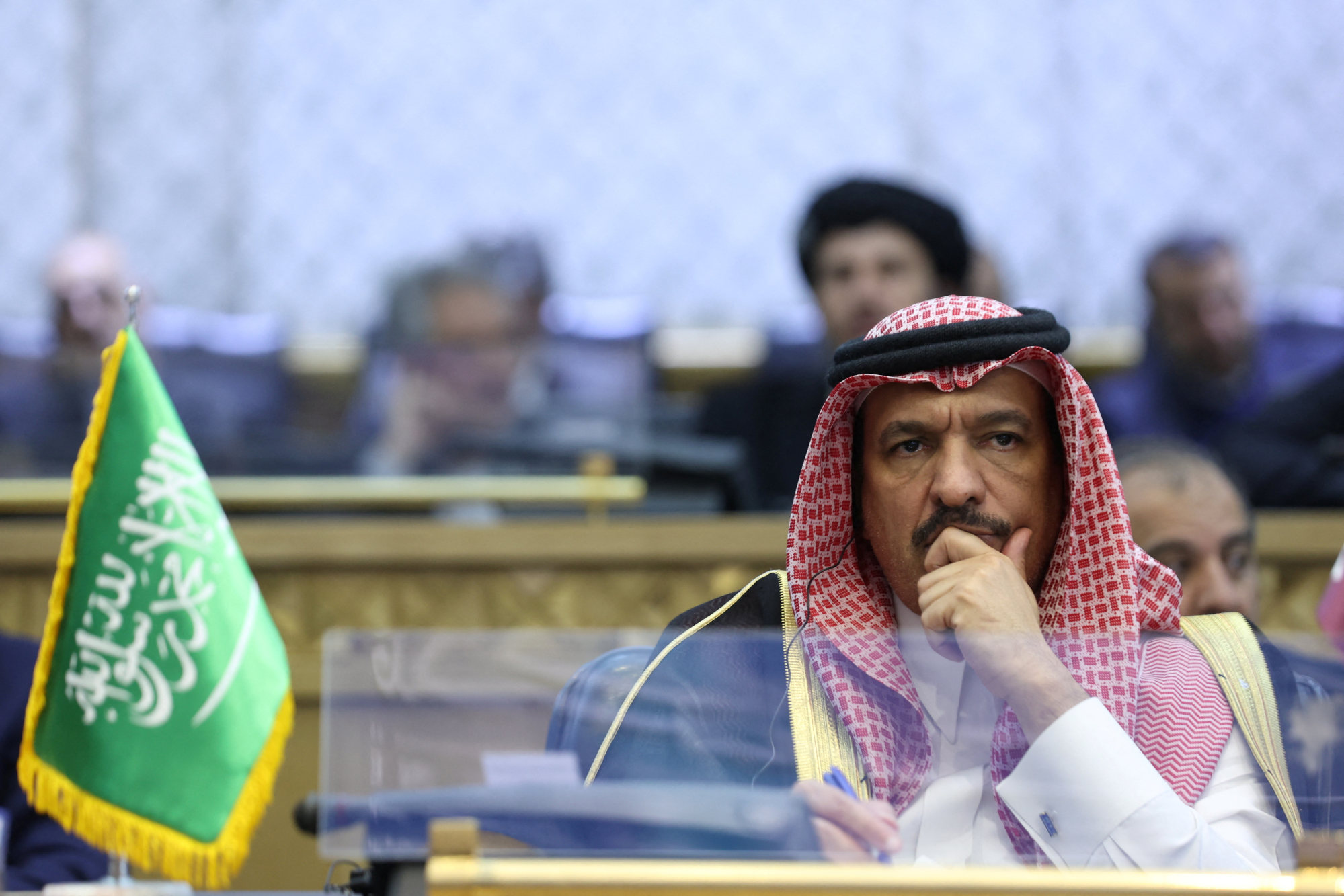
Rice University’s Ulrichsen said “one of the most notable characteristics of regional diplomacy” since the October 7 attack by Hamas on southern Israel had been repeated contact at the highest levels between Saudi and Iranian leaders.
While this represents the continuation of a process that began months before the war, the fact that contacts have intensified “indicates the strong and durable interest on all sides in rapprochement”, he said.
As Russia and China distract US, Middle East powers redraw alliances
As Russia and China distract US, Middle East powers redraw alliances
The Arab states have clearly demonstrated “their reluctance to get drawn into any US great-power competition or strategic rivalry, whether with Russia or with China”, Ulrichsen said.
Across the Middle East and much of the Global South, both politicians and the public have “contrasted the US response to Gaza with the response to Russia”, resulting in a “perception of double standards that has fuelled levels of anger not seen since the US-led invasion of Iraq in 2003”, he said.
There’s a sense among Arab leaders that the Americans are not as reliable any more, that they’re not as omnipotent
Washington’s refusal to pressure Israel into ending its attacks on Gaza has also created “a serious challenge” to the US’ global leadership role and will “create a ripple effect on global governance structures like the UN”, Baharoon said.
“There’s a sense among Arab leaders that the Americans are not as reliable any more, that they’re not as omnipotent, that they need to build their connections and ties with other outside actors like the Chinese and Russia – not necessarily to counter the US, but just as an insurance policy,” said Guy Burton, an independent political analyst who has previously taught international relations at universities in Belgium, Iraq, Malaysia and the UAE.
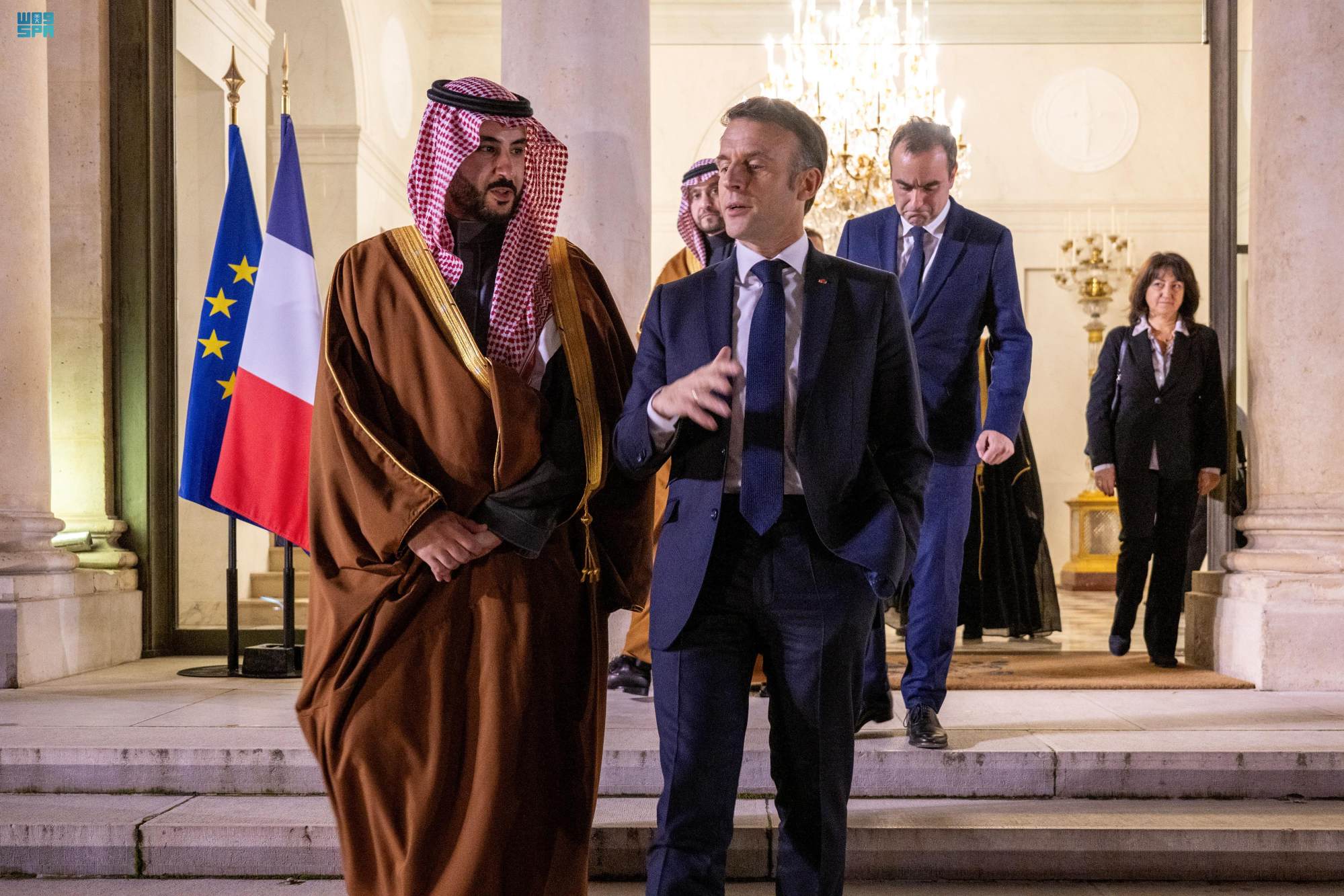
The Gulf Arab states’ continued reliance on the US and its other Western allies as the dominant military powers in the Middle East, and as a deterrent against Iranian aggression, was underlined on December 22 by the signing of a US$1 billion one-year deal for the training of the Saudi military by American instructors.
Similarly, Saudi Arabia and France have recently signed an agreement for “cooperation on capabilities, military industries, and research and development”, Saudi Defence Minister Prince Khalid bin Salman announced on December 20.
It remains unclear, therefore, what bearing rival Middle Eastern power groupings’ recent flurry of diplomacy will have on efforts to realise a two-state solution to the Israel-Palestinian conflict.
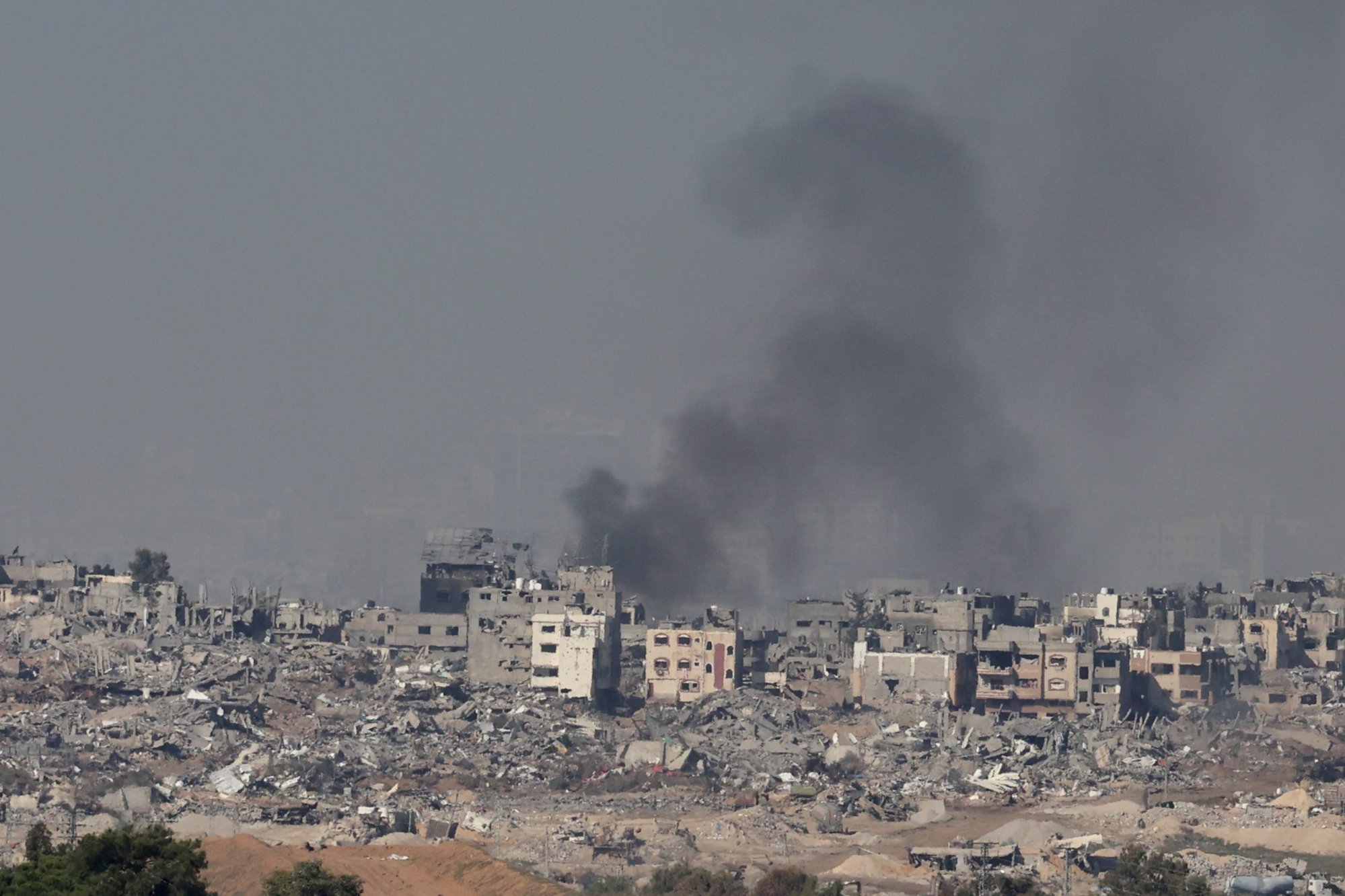
Shifting alliances
The UAE, meanwhile – as the sole Arab and Muslim non-permanent member of the UN Security Council – has garnered global support for three draft resolutions since October calling for a ceasefire in Gaza and unhindered access for humanitarian aid to the 1.9 million Palestinian residents displaced by the war.
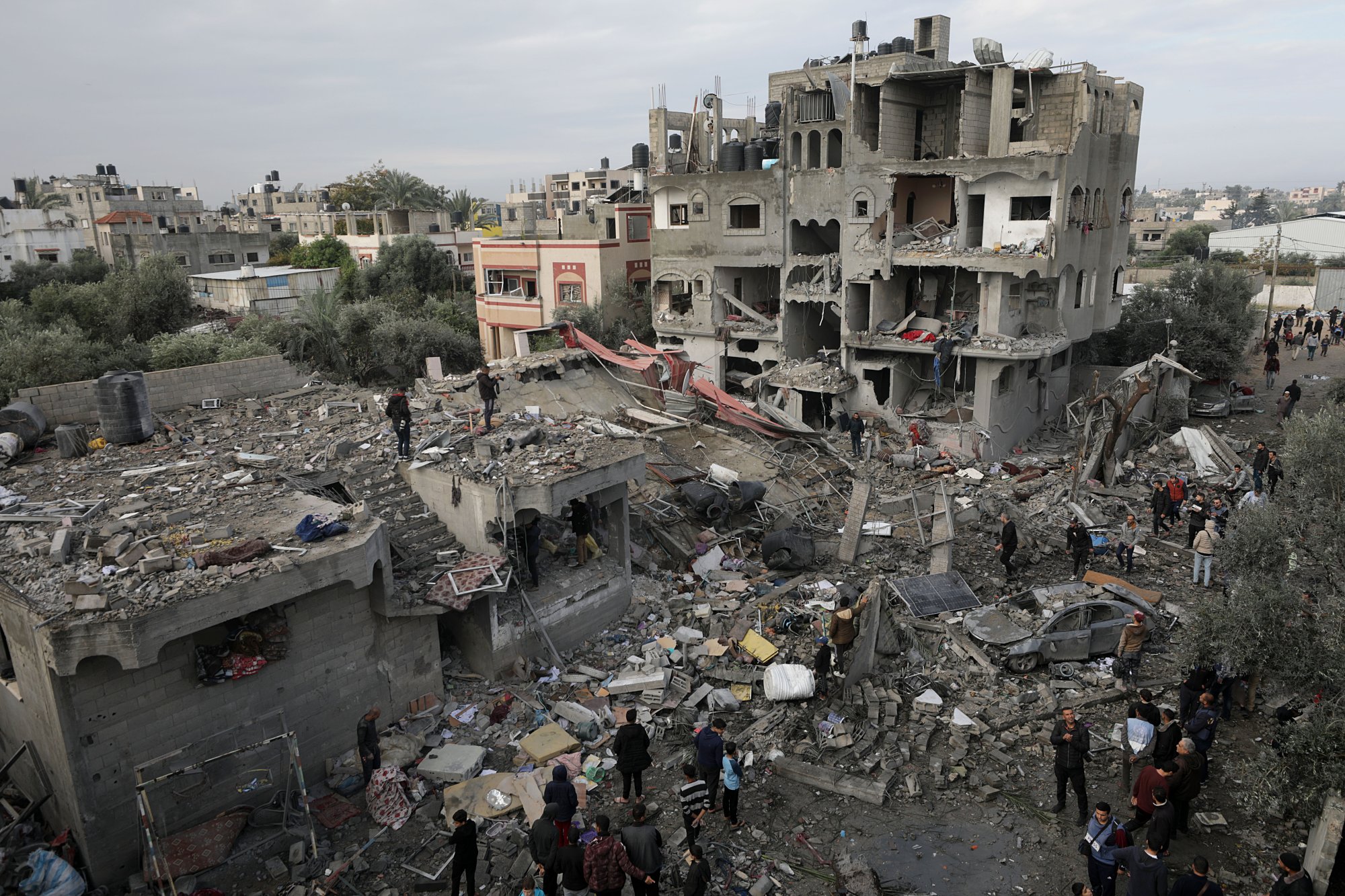
By then, support for the US’ diplomatic position in the UN General Assembly had dwindled to nought, while support for Palestinian self-determination continued to increase.
Ulrichsen said there may “be a role for Saudi Arabia to insist” that concrete moves towards Palestinian statehood and a two-state solution “are necessary conditions for any resumption of dialogue” with Israel over a normalisation agreement.
“The Saudi leadership is well aware that the White House has prioritised a Saudi-Israeli deal and this opens an opportunity for the kingdom to leverage that desire to ensure that the issue is put on the table if talks are to be unpaused,” he said.
With the exception of former prime minister Yair Lapid, however, all of Israel’s political leaders remain resolutely opposed to the creation of a Palestinian state. Nor are they likely to come under significant US pressure to accept one.
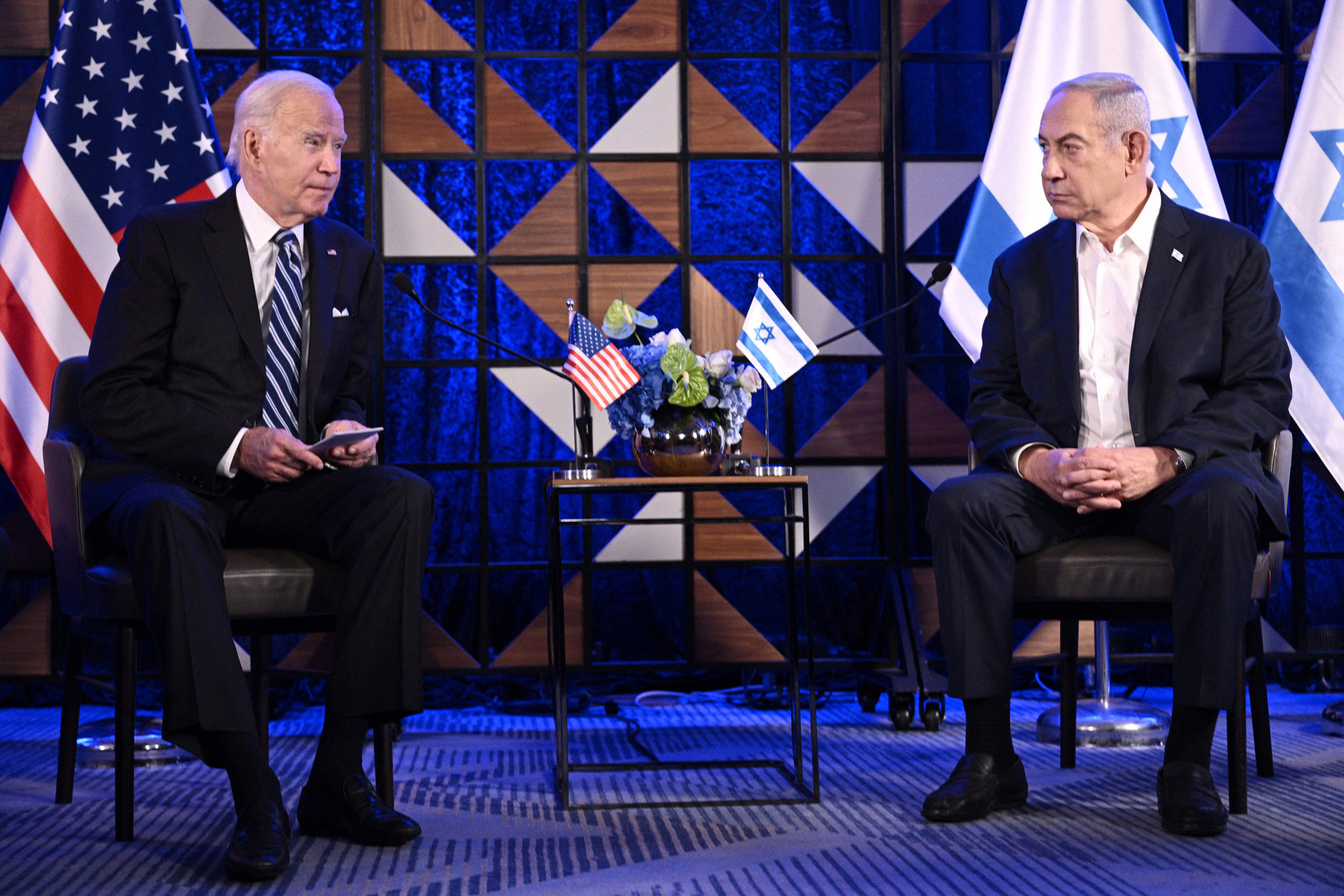
“It’s very hard to see that, given the domestic nature of American politics with a relatively weak president, divided Congress, strong influence of the Israel lobby, and the upcoming [presidential] election, which is going to distract attention and also may even give space for the Israel lobby to put pressure on politicians to demonstrate their support for Israel,” Burton said.
But analysts said intensified US support for Israel would only be a recipe for more violence between it and Iran-aligned militias in the Middle East.
“The lesson of the past 75 years” is that the exclusive security of Israel “will not lead to peace”, Emirati analyst Baharoon said.
“Investing in the statehood of Palestine is the surest way Israel can make sure that non-state actors will not become the dominant force.”
Could China play a role in brokering Israeli-Palestinian two-state solution?
Could China play a role in brokering Israeli-Palestinian two-state solution?
“But there has to be a [Palestinian] state,” Baharoon said, “without it, there will only be non-state actors seeing resistance and violence as their only way to counter the [Israeli] occupation.”
“The whole world will be affected by it and the whole world has a vested interest in pacifying the longest conflict in modern history,” he added.

